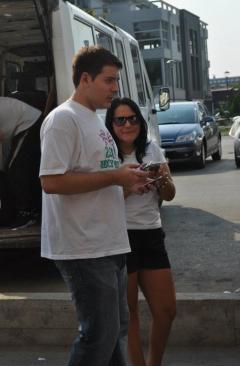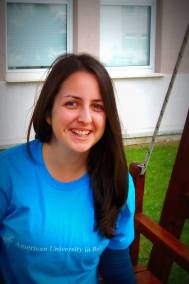Dear reader,
The time has come – writing the last post for the semester. With only a week left to finals week everyone is buzzing – projects, deadlines, exams, and yet I feel like people do not really appreciate and acknowledge everything that has happened during the semester. Everyone is so concentrated on what’s about to happen in the next 10 days (not that I’m not), but we need to think of the bigger picture – recall all the good memories, the lessons learned, the mistakes or embarrassing moments that turned into hilarious stories to tell – this is what it’s important 🙂
My MMJ journey was definitely a one to remember – with highs and lows, fun times and extreme situations, but every week whenever I posted my newest story I felt grateful for having my own blog and for getting to meet such inspirational people whose views of the world are similar to mine. Now I’d like to take the time to recall all those posts from the past 3 months.
It all started on Tuesday, Sept. 2. I was considering enrolling in the class, but I wanted to check it out first. So I went there and in the first 20 minutes I was already thinking of blog ideas to pitch – everything was happening that fast. I loved the fast pace, the energy and just the class dynamics, so I used the first 2-3 free minutes to enroll officially. By the end of the first class I already had my blog up and running, had said ‘bye-bye’ to Calculus II and had already done my ‘About’ section. So it began.
In the past months I interviewed 9 people in total. They are all very different and we’re not talking only about countries of origin here. However, they were all passionate about volunteering and everything connected to it. Interestingly enough, all of them had similar beginnings – they tried volunteering out of CURIOUSITY! And now they’re all agents for change – spreading the volunteering spirit and doing good in their communities at every occasion possible.
I want to thank Asen, Margita, Cakic, Bojan, Prof. Chalk and Veni who were my victims in the first half of the semester. They inspired me in many ways and gave me the push to keep on looking for these cool volunteers – they’re out there, I just need to find them! Check out my midterm post where I’ve written a short summary about each of their stories or take the time to explore the full stories AND the videos to each one of them!
After the fall break I kept searching for those volunteering stories. It was pretty hard since one of the most typical traits of the do-gooders is modesty – they do not brag, ever. Even if someone asked about their achievements or more detailed stories (like I was doing) they wouldn’t be very wordy. Nevertheless, I succeeded!
My first victim after the break was Omari Lomiashvili, a Sophomore at AUBG. An interesting fact is that volunteering got us talking in the first place. When I asked him about his volunteering experiences and how it all started, he shared with me that “In Georgia for some reason volunteering is considered a military service.” That didn’t stop him though – he joined several NGOs, went on numerous volunteering projects and trainings all over Europe. Now he can proudly call himself a citizen of the world – one that is confident that he’ll cope in any environment and situation, one that understands eveything happening around him and is not afraid of what’s about to come.
Next up was Nikolay Stankov, a Sophomore at AUBG. I knew that he’s been involved in the Red Cross for some time, but after hearing his story I had a whole new impression in my head about the organization itself and him as a person. He told me about those First Aid competitions, how they were put in real life situations and had 5 minutes to sort things out – “(…) As I walk in something sprays on my face, I touch myself and i see blood.” But most importantly I was surprised to hear that after all the tough situations, exhausting trainins and challenging tasks, in the end what he remembers most vividly is the feeling of family – “The feeling of family – that’s what the Red Cross creates. (…) Red Cross becomes a big circle of friends and contacts that you could actually use later on.” His dedication to the organization is remarkable. Niki is currently part of the Disaster Team (meaning that once there’s a situation such as a flood earthquake, etc. – they call him and his colleagues to step in and help out). Once he graduates he plans on working for the Red Cross at their headquarters.
My last interviewee was Anna Golub – a bright, young girl, in her last year of studies at AUBG, who’s on the lookout for cool opportunities. Well, she found one – the Winter Paralympic Games. No, she didn’t compete there – she was a volunteer helping out one of the national teams as well as being part of the organization of the big events like the Opening ceremony for example. She talked me through her whole experience – from the application process which lasted nearly 2 years (!) to being at the Games and hanging out in the same room “with the athletes that you usually see on screen.” How awesome is that? But wait, let’s add more to the awesomeness level – this whole experience counts as an internship towards her Politics major! And if that’s not enough for you, my dear reader, to be persuaded to look deeper into this volunteering opportunity, I don’t know what will be.
Now it’s time for some reflection time on my side. Throughout the course I learned a lot of things about myself with the first one being that my writings are actually not that bad and that I should have other people read them. The next thing I found out about myself is that I’m not too bad when it comes to operating with a camera and that I have decent ideas when it comes to video concepts. Before this class I haven’t done any video editing before – so I think I’ve improved in that area as well. I learned the hard way to never EVER leave a task to do for the very last moment – it just doesn’t work. In that regard it’s suitable to say that the MMJ class made me acknowledge the importance of the deadlines more than ever. The course also taught me how to behave as a journalist, how to not be afraid to approach people and how to persuade that they have to be part of my interview or video. In short – I’m a bit more pushy than I was before.
Here’s a quick look at all the tools, apps and techniques that I learned how to use and implement – BBC 5 shot video, how to shoot a news package, Audacity, SoundCloud, bitly, YouTube editor,Windows Movie Maker, WordPress (obviously), Thinglink, Storify, and probably the one that I loved the most – Twitter.
I believe I managed to answer the question of this blog – ‘What drives you to do volunteer work?‘. All my interviewees responded pretty much the same thing – they tried it out of curiousity and then what kept them going was the rewarding feeling they were left with. It becomes an addiction – you keep wanting to help others and do good! That’s also the reason why I’d love to continue posting stories of volunteers at AUBG and not only once I find them. Meaning that I WILL CONTINUE posting, but not on a regular basis.
Thanks to all of you who followed my blog and took part in it in one way or another! There’s a line I like a lot from the movie “Sydney White” saying “(This blog) is not about being read, it’s about being written” – and it’s what I was sticking with the whole semester, but it felt good knowing that people were actually reading the blog.
Here’s something from me :
Wishing you all a successful end of the semester and happy holidays, spent with your most favorite people 🙂
And don’t forget – be good no matter what!
If you like my blog, make sure to give me a like/follow on the social networks :
Facebook page: AUBG Do-Gooders
Twitter account: @AUBGDoGooders

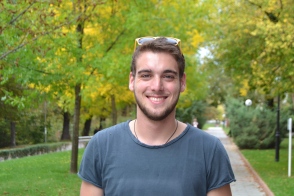
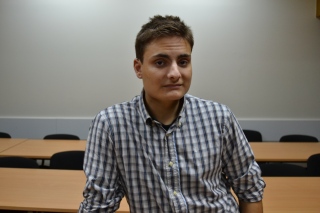
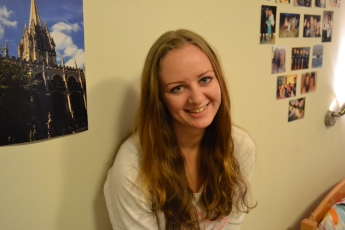
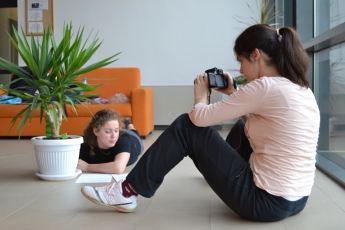
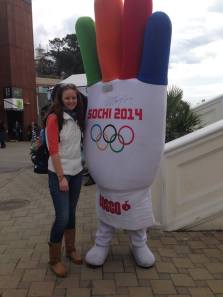
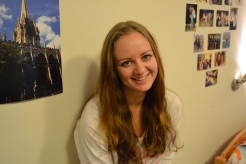
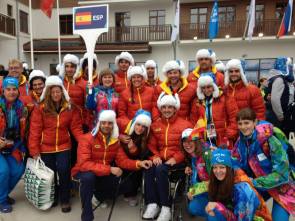
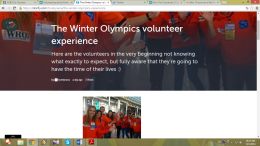
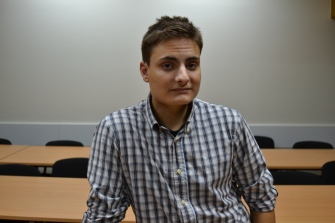
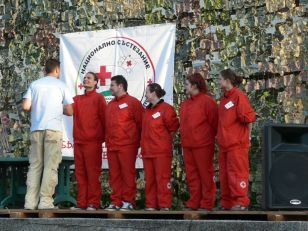
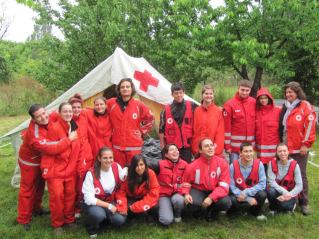
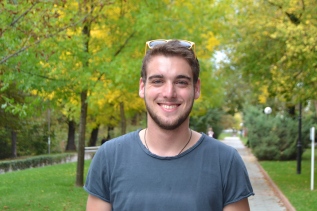
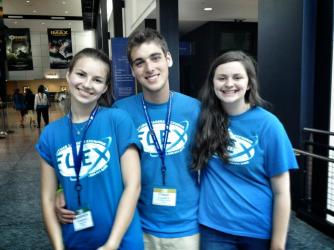
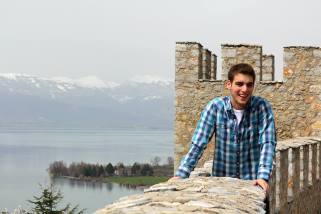
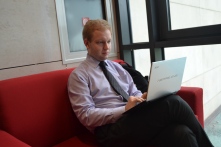
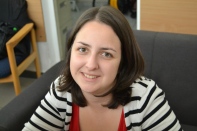
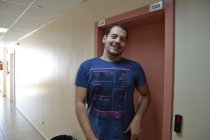
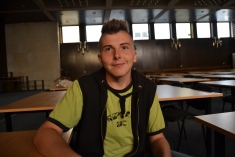
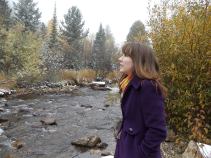
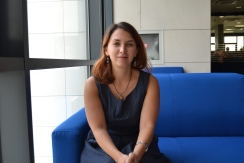
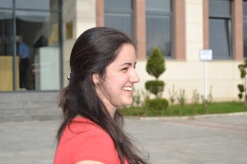

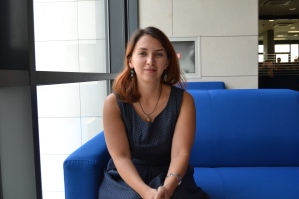
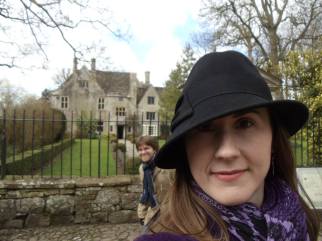
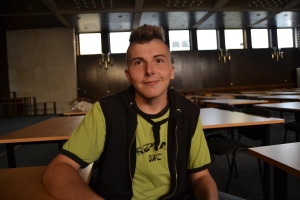 and bright young boy from
and bright young boy from 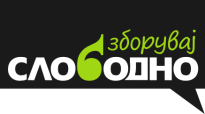 When it came to the implementation of the project the volunteers were supposed to carry out surveys and ask the locals what they didn’t like about their town, what change did they want to see. They would evaluate the answers and would try to make that change or at least spread the word about it. Their main tools were videos which the volunteers would shoot and edit themselves and then later on publish on their
When it came to the implementation of the project the volunteers were supposed to carry out surveys and ask the locals what they didn’t like about their town, what change did they want to see. They would evaluate the answers and would try to make that change or at least spread the word about it. Their main tools were videos which the volunteers would shoot and edit themselves and then later on publish on their 